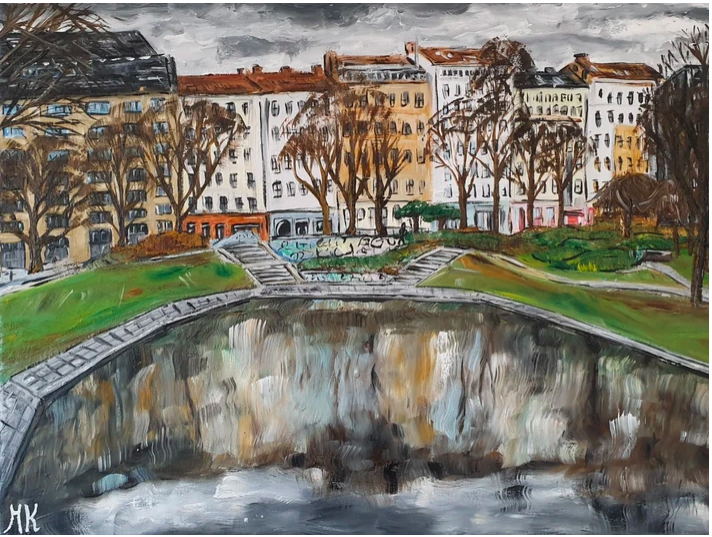When voters in Germany go to the polling stations this coming Sunday to cast their votes in the European elections, one question will be uppermost in many people’s minds: how well will the far -ight do?
The question is not just about how many right-wing populists and far-right extremists there will be in the next European Parliament. These elections will be an important indicator of the political mood at the national level too – in Germany as well as in the other EU Member States.
Many people are casting a worried eye at their European neighbours. At the centre-right coalitions in the once so progressive northern states. At right-wing populist Prime Minister Giorgia Meloni, who has long since become part of the political mainstream in Italy. At the Netherlands, where right-wing populist Geert Wilders has succeeded in putting together a governing coalition of right-wing forces. And, not least, at France,where Marine Le Pen’s and Jordan Bardella’s Rassemblement National is enjoying a steady upswing in support.
Growing influence of the far-right in Germany
Right-wing forces are becoming increasingly influential in Germany, too. Those who thought their rise was just a temporary phenomenon, a reaction to the refugee crisis of 2015 and 2016, were seriously mistaken. The right-wing extremists of the Alternative für Deutschland party(AfD) have established themselves as a political force. Earlier this year they reached a new high of 23 per cent in the polls.
Now, shortly before the European elections on 9 June, the AfD’s popularity has taken a hit in the wake of a number of scandals in recent weeks. Both its lead candidates in the European elections are currently under investigation on suspicion of having taken bribes.
First-place candidate Maximilian Krah, who has been a member of the European Parliament since 2019, is currently the subject of two preliminary investigations, on suspicion of having taken payments from Russia and China. A former member of Krah’s staff was arrested in April, suspected of having spied for China in the European Parliament.















